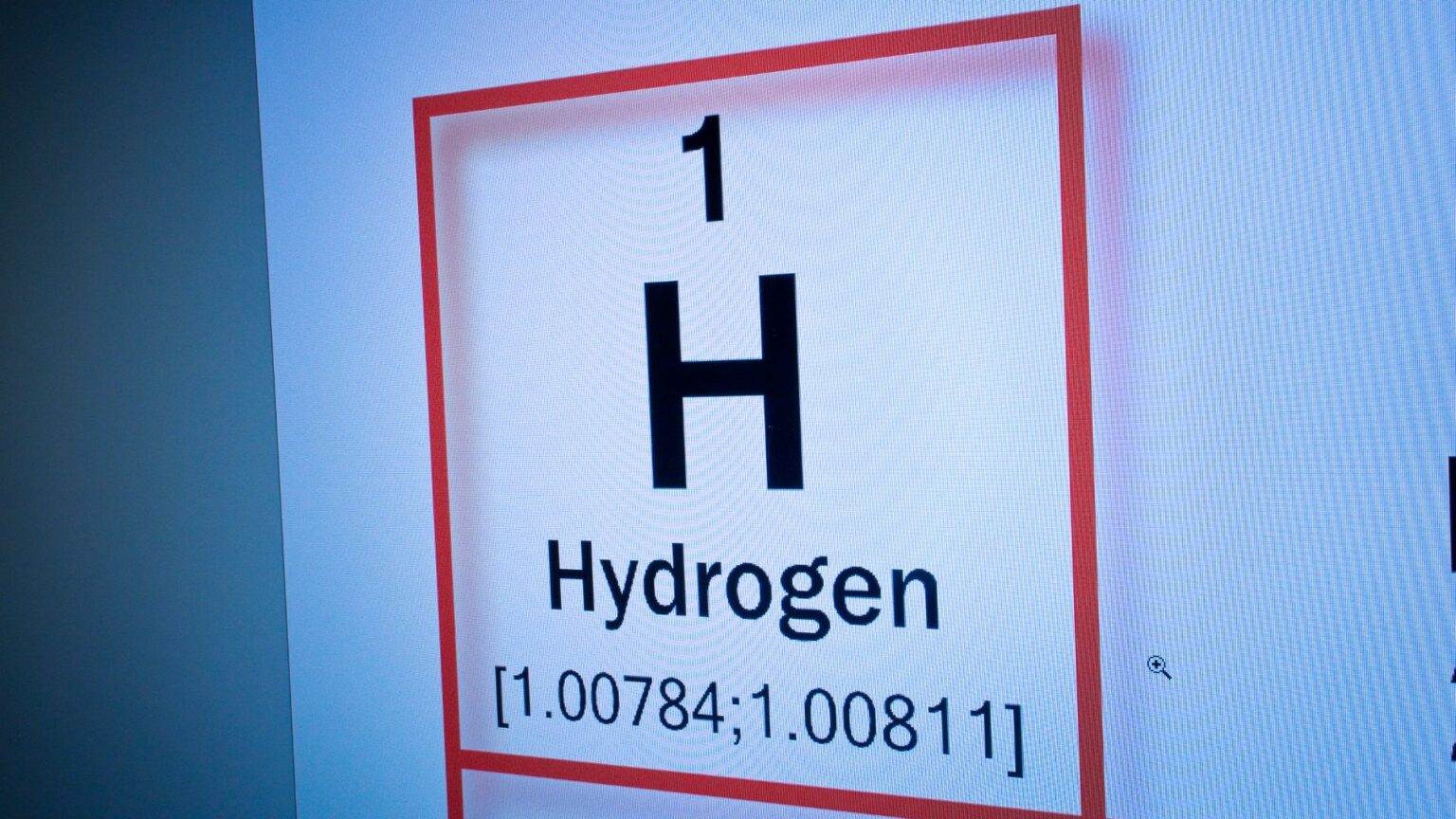In what was supposed to be the commencement of a groundbreaking project, the Hydrogen Innovation Center (HIC) in Chemnitz faces a significant hurdle as the anticipated federal funds of 72.5 million euros encounter a budget freeze in Berlin.
The technology cluster HZwo, driving the initiative, is now urging the German government to unlock the crucial funds that were deemed secure until the recent Constitutional Court ruling on November 15th.
The HIC, a pivotal component of the technology cluster’s vision, aims to propel Germany’s foothold in the competitive landscape of hydrogen technologies. Designed to be a hub of innovation, the center envisages supporting small and medium-sized enterprises (SMEs) in navigating the burgeoning hydrogen market. The need for such initiatives has intensified as global competition in the hydrogen sector accelerates, making timely implementation crucial.
Managing director Karl Lötsch emphasizes the growing demand from industries and asserts that SMEs, in particular, stand to benefit significantly from the resources and expertise offered by the Chemnitz-based HIC.
The unexpected budget freeze has cast a shadow over the scheduled commencement of the HIC project, which was slated to begin in December. The freeze has disrupted the carefully laid plans, including a celebration to mark the initiation of the project. The urgency of the situation is underscored by the swift pace of international competition in hydrogen technologies, putting pressure on Germany to assert its position in this critical sector.
The Free State of Saxony kickstarted the initiative by financing the initial planning phase with 200,000 euros. However, the real impetus was expected to come from the federal funds, with the first tranche anticipated in 2022. The subsequent developments, including a prolonged state aid review and the Constitutional Court ruling, have culminated in an unforeseen delay.
For the comprehensive realization of the HIC, an estimated budget of 100 million euros is required. This substantial sum is earmarked for the construction of state-of-the-art laboratories and testing facilities, crucial components of a cutting-edge innovation center. The 72.5 million euros from the federal government constitute a significant chunk of this financial requirement, making the budget freeze a critical bottleneck.
The managing director sheds light on the challenges posed by the extended state aid review, which pushed the commencement of the actual application for the funds to autumn 2023. The ripple effects of this delay reverberate across the entire timeline of the project, impacting the technology cluster’s ability to support SMEs and contribute to Germany’s hydrogen ambitions in a timely manner.





